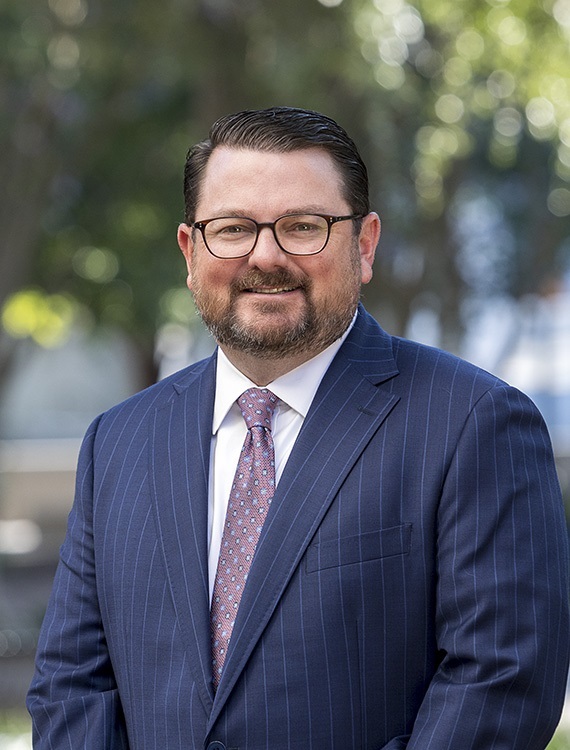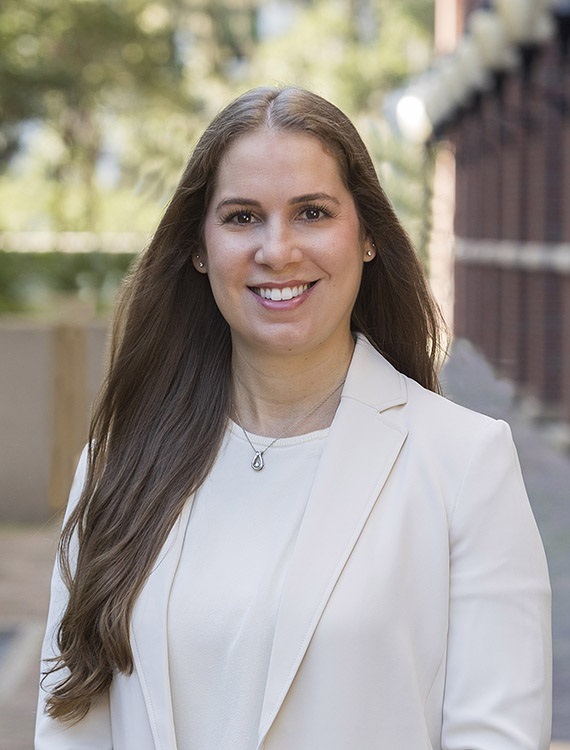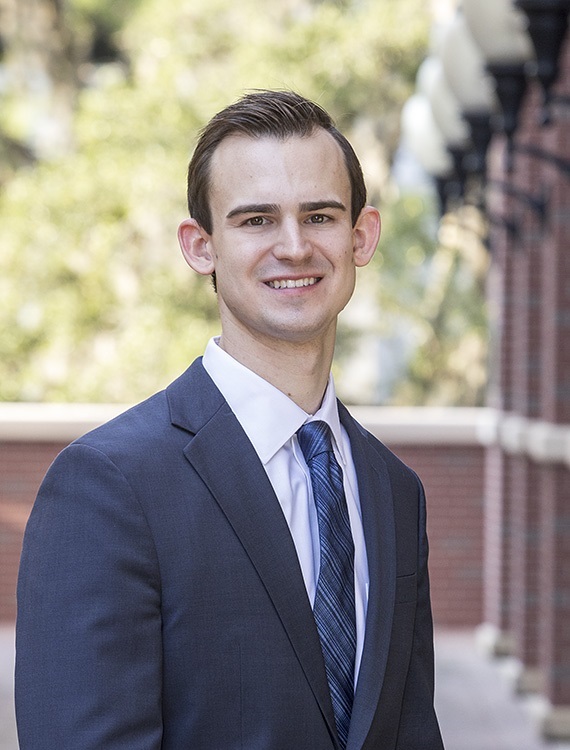Property Issues Not Prominent This Year

Property insurance issues have dominated the legislative session in nearly every year since Hurricane Andrew. If property insurance was not the most prevalent issue in a given session, it certainly ranked in the top five topics being considered. Over the last twenty years, the legislature has established the Florida Hurricane Catastrophe Fund, merged the former FWUA and FRPCJUA into Citizens Property Insurance Corporation, tackled several issues relating to windstorm mitigation, frozen and then established a glide path for Citizens’ rates, and dealt with numerous issues relating to policy coverages and rates.
This long history of high profile legislative issues makes the 2015 session unusual by comparison. Last week, News Service of Florida listed ten key issues remaining for the current session and property insurance was nowhere to be found. Although there are still some issues confronting segments of the market, the property insurance market as a whole is as healthy as it has been in a long time. Private market insurers are competing for policies in many areas, reinsurance costs are down, rates are stable, Citizens’ policy count has dropped dramatically, and the Florida Hurricane Catastrophe Fund has a strong, liquid fund balance.
With property insurance issues not dominating this session, what are the key issues identified by News Service of Florida that will consume legislators’ time over the next few weeks? Here’s a recap of the top ten:
BUDGET: There’s a budget surplus of more than $1 billion this year, which usually is a good thing. However, lawmakers have been wrestling with uncertainty over a $2.2 billion health-care program known as the Low Income Pool, which is scheduled to expire at the end of June.
CHILD WELFARE: The legislature is looking at possible revisions and improvements to a 2014 law dealing with a range of child protections issues.
GAMBLING: The state’s compact with the Seminole Tribe of Florida expires this year. The deal includes substantial tax revenues for the state in exchange for the exclusive ability to offer games such as blackjack. Expiration of the deal opens the door for the legislature to consider destination-style resorts in South Florida, allowing slot machines at greyhound tracks and other issues.
GUNS: One proposal this year would allow people to carry concealed weapons without a permit during periods of evacuation. Another proposal would allow individuals with concealed weapons permits to carry guns on college campuses.
HEALTH CARE: Health care and the Affordable Care Act have supplanted property insurance as prominent issues with insurance implications. Financially speaking, the biggest issues are the expiration of the Low Income Pool as mentioned above and a Senate proposal to expand health coverage to about 800,000 low-income and uninsured people.
LAND AND WATER: Floridians approved a constitutional amendment in November requiring the legislature to designate money for land and water projects. Supporters of the amendment claim that the proposals being pursued by the legislature don’t follow the intent of the amendment and fail to set aside enough money to buy land for preservation.
PRISONS: The House and Senate are considering potential reforms to address concerns with Florida prison system.
STADIUMS: Florida stadiums are vying for certain tax credits under a plan established by the legislature last year.
TAX CUTS: The Governor and legislature are striving to provide tax cuts, but the chambers have not reached agreement on all of the details.
TESTING: Standardized testing and school grading have become controversial issues. Lawmakers are considering bills to address testing issues, but high profile concerns and vocal constituents will keep these issues at the forefront throughout the session.












